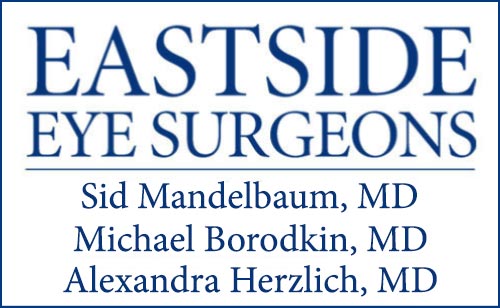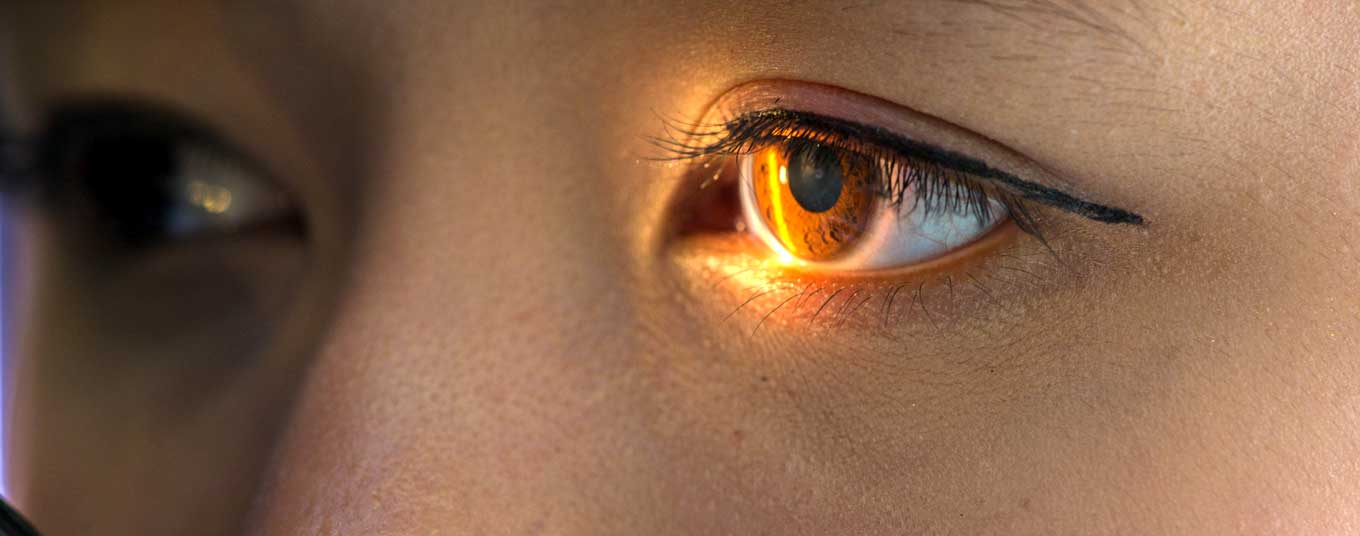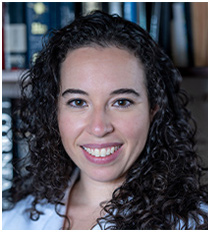Caring for Corneal Dystrophy in New York
Corneal dystrophies are a group of genetic eye disorders in which abnormal material accumulates in the clear outer layer of the eye, the cornea. Corneal dystrophies may cause no symptoms at all or significant vision impairment.
Most forms of corneal dystrophy affect both eyes, progress slowly and have a tendency to run in families. Corneal dystrophies are classified according to which of the five layers of the cornea they attack.
- Epithelium, the outermost, protective layer
- Bowman's membrane, a tough hard-to-penetrate second layer
- Stroma, the thickest layer, that gives the cornea strength, elasticity & clarity
- Descemet's layer, a thin, strong inner protective layer
- Endothelium, innermost layer that pumps excess water out of the cornea
The most common corneal dystrophies we treat are:
- Fuchs’ dystrophy, a progressive disease affecting the endothelium, the back part of cornea, which is the clear, round dome covering the eye's iris and pupil. The disease usually affects both eyes and causes a gradual decline in vision due to corneal edema (swelling) and clouding.
- Anterior basement membrane dystrophy, a progressive disease affecting the front part of the cornea, which can result in decreased vision and/or recurrent corneal erosions, which can be quite painful.
Treatment
After diagnosis by a corneal specialist, treatment of corneal dystrophy varies. If you have no symptoms or mild symptoms, you may not require treatment. However, you should have regular eye exams to detect any progression of the disease.
Treatment for those who have symptoms may include eyedrops, ointments, lasers and, if necessary, corneal transplant. In some cases, we may recommend excimer laser therapy to remove surface abnormalities from the cornea. Some people with significant symptoms may require corneal transplant, also known as keratoplasty. Corneal transplants have been highly successful in treating people who suffer with the worst symptoms of corneal dystrophy.
Discover advanced care from a corneal specialist by calling 212-650-0400 or using our convenient Request an Appointment form. Patients come to us from Scarsdale, Chappaqua and Manhattan, New York, Newark, New Jersey, Greenwich, Connecticut and surrounding areas.








